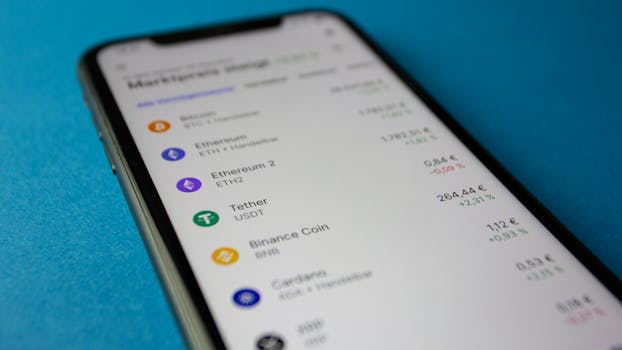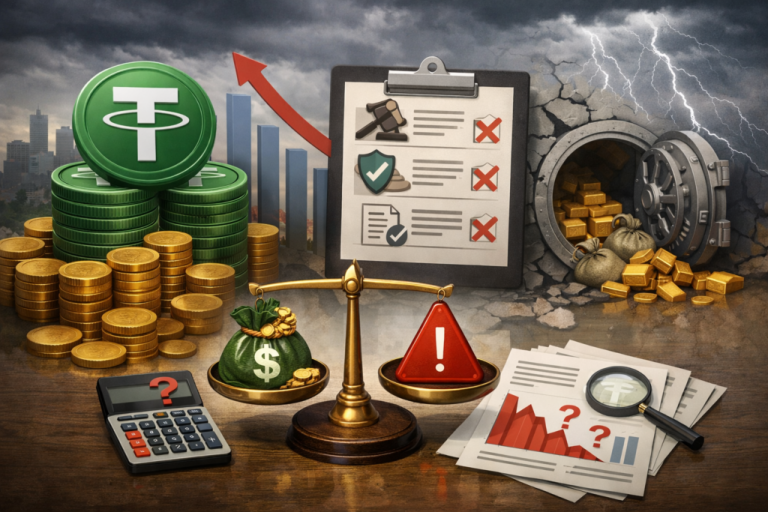
Navigating the Future: Emerging Trends in Fintech Technology
Focus Keyword: Fintech

Fintech, or financial technology, is an industry that has been rapidly evolving over the past decade. With the rise of digital payments, mobile banking, and cryptocurrency, the way we think about money and financial transactions is changing dramatically. In this article, we’ll explore the latest emerging trends in fintech technology and what they mean for the future of finance.
Section 1: Introduction to Fintech

Fintech is a broad term that encompasses a wide range of financial technologies, from mobile payment systems to cryptocurrency exchanges. The industry has grown exponentially in recent years, with investments in fintech startups reaching record highs. But what drives this growth, and where is the industry headed?
One of the key drivers of fintech growth is the increasing demand for digital financial services. As more people around the world gain access to smartphones and the internet, they’re looking for ways to manage their finances online. Fintech companies are responding to this demand by developing innovative solutions that make it easier to pay bills, transfer money, and invest in stocks and other assets.
Section 2: Emerging Trends in Fintech

So what are some of the emerging trends in fintech? Here are a few examples:
- Artificial Intelligence (AI): AI is being used in fintech to improve customer service, detect fraud, and optimize investment portfolios. Companies like IBM and Microsoft are developing AI-powered chatbots that can help customers with everything from account management to investment advice.
- Blockchain: Blockchain technology is the foundation of cryptocurrency, but it’s also being used in other areas of fintech. For example, companies like Ripple and Swift are using blockchain to facilitate cross-border payments and reduce transaction costs.
- Mobile Payments: Mobile payments are becoming increasingly popular, with companies like Apple and Google offering digital wallets that allow users to make payments with their smartphones. Fintech companies like Square and Stripe are also developing mobile payment solutions for businesses.
- Cryptocurrency: Cryptocurrency is a digital or virtual currency that uses cryptography for security. Bitcoin is the most well-known cryptocurrency, but there are many others, including Ethereum, Litecoin, and Monero. Fintech companies are developing new ways to buy, sell, and trade cryptocurrency.
Section 3: The Future of Fintech

So what does the future hold for fintech? Here are a few predictions:
- Increased Adoption of Digital Payments: As more people gain access to smartphones and the internet, we can expect to see increased adoption of digital payments. This will drive growth in the fintech industry and lead to new innovations in mobile payments and other areas.
- More Investment in AI and Blockchain: AI and blockchain are two of the most promising technologies in fintech, and we can expect to see more investment in these areas in the future. This will lead to new innovations and applications in areas like customer service, fraud detection, and cross-border payments.
- Growing Demand for Cryptocurrency: Cryptocurrency is still a relatively new and volatile market, but it’s growing in popularity. We can expect to see more demand for cryptocurrency in the future, driven by increasing adoption and new use cases.
Section 4: Challenges and Opportunities

While the fintech industry is rapidly evolving, it’s not without challenges. Here are a few of the key challenges and opportunities:
- Regulation: Fintech companies often operate in a gray area, with unclear regulations and laws governing their activities. This can create uncertainty and risk for investors and customers.
- Security: Fintech companies are prime targets for hackers and cybercriminals, who seek to exploit vulnerabilities in their systems and steal sensitive data. Fintech companies must invest in robust security measures to protect their customers and assets.
- Innovation: The fintech industry is highly competitive, with new companies and innovations emerging every day. Fintech companies must continually innovate and improve their products and services to stay ahead of the competition.
Section 5: Conclusion

In conclusion, the fintech industry is rapidly evolving, with new trends and technologies emerging every day. From AI and blockchain to mobile payments and cryptocurrency, there are many exciting developments in fintech that are changing the way we think about money and financial transactions. While there are challenges and risks associated with fintech, the opportunities for growth and innovation are vast. As we look to the future, it’s clear that fintech will play an increasingly important role in shaping the financial landscape.






